Bar.5: 1-9; Ps.126:1-6; Phil. 1:4-6, 8-11; Lk. 3:1-6
The Lord has begun the good work in us and will bring it to completion but as any good work in progress it takes two, God and our response to God. We are not passive participants in the work of our conversion but required to be joined to the Lord through the grace and gifts we are given. The Lord saves but he will not save us without us. We must desire his glory and be prepared for his calling in the way that we are to follow.
The Lord does great things for us who are open to the guidance of the Holy Spirit. We cannot just go about our like and expect great things to happen simply because God is good. Great things include the work in progress for our salvation. It is not enough to just say “Lord, Lord” in a moment of need and ignore our Lord for most of our days. The work that has begun in us is for a divine purpose “to discern what is of value” for our souls to be “pure and blameless”. The work in progress for the conversion of sinners to saints.
The Church is given to us to “prepare the way of the Lord”. It is the Church that determined which books belong to the canon in the Bible. It is the Church that Jesus instituted to continue to consecrate bread and wine to bring us his body and blood. It is the Church who Jesus gave authority to bring us the sacraments including the forgiveness of sins. Many claim to believe in God but not in his church. The devil also believes in God but not in obedience to God. We can all say that every day we are all a work in progress but we are not all headed in the same direction. Not everyone who says “Lord, Lord” will enter the kingdom of God.
We are told “all flesh shall see the salvation of God” but it will be little consolation if he simply slips passed us. The gospel reveals to us how in the time of Jesus, John went about preparing the way with a call to repentance. Repentance is more than just our sins that we can confess. Repentance is also to make straight our path by the way we live our lives, the values we hold onto, and our priorities in life. For example, a good question to ask ourselves is what time, talent and treasure to we give to God through prayer, charity, and service? How we spend our time is a good measure of what we really value in life.
The first step on the way to Jesus is to acknowledge not only our sins but also our failure to come to Jesus. Jesus desires our hearts and he offers us his heart of love yet our indifference towards God is the sin of what we have failed to do in response to God’s love. Jesus came in the flesh and yet most of the world denied him or cried out “crucify him”. We too can deny him with our indifference of his presence in this world.
When our thoughts center on us and God is given lip service we return to the days of the Pharisees and Sadducees who stood in the temple only to be noticed but their hearts were far from God. If God is seen as simply being far above in the heavens we miss out on his revelation in our lives. Jesus is alive! He lives to live in us and for us to live in him. This is what we celebrate with the “splendor of God forever”. We rejoice not only in a person but in a relationship that saves. We rejoice because we see the hand of God guiding us, and the greater he reveals himself to us the greater our desire for him to open our minds and hearts to his will. A restless heart can only find rest in Jesus’ plan for our lives.
Doing the will of God is our peace. God’s will is not a promise of an easy road. It is a promise of victory in the transformation of our lives that the work he has begun in us we will see revealed in his glory for all eternity.





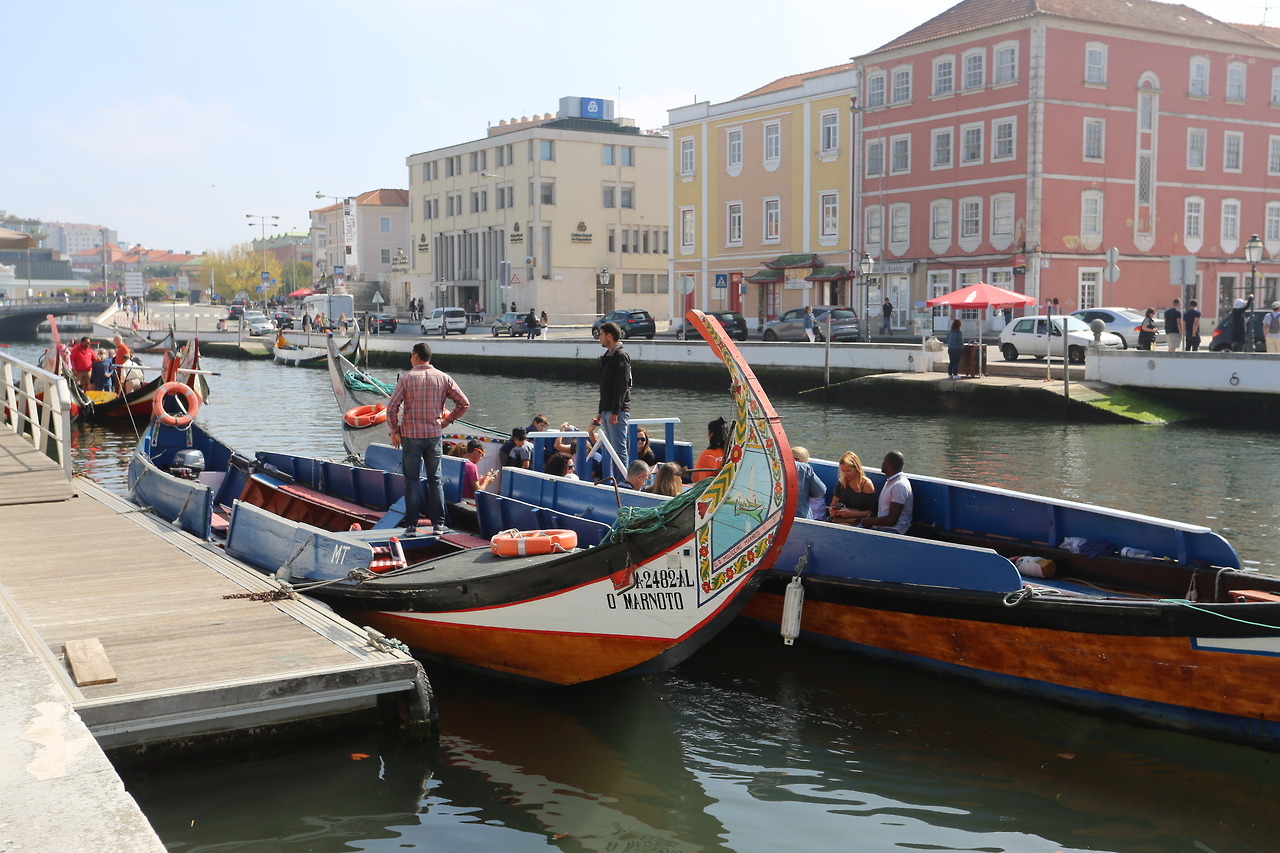

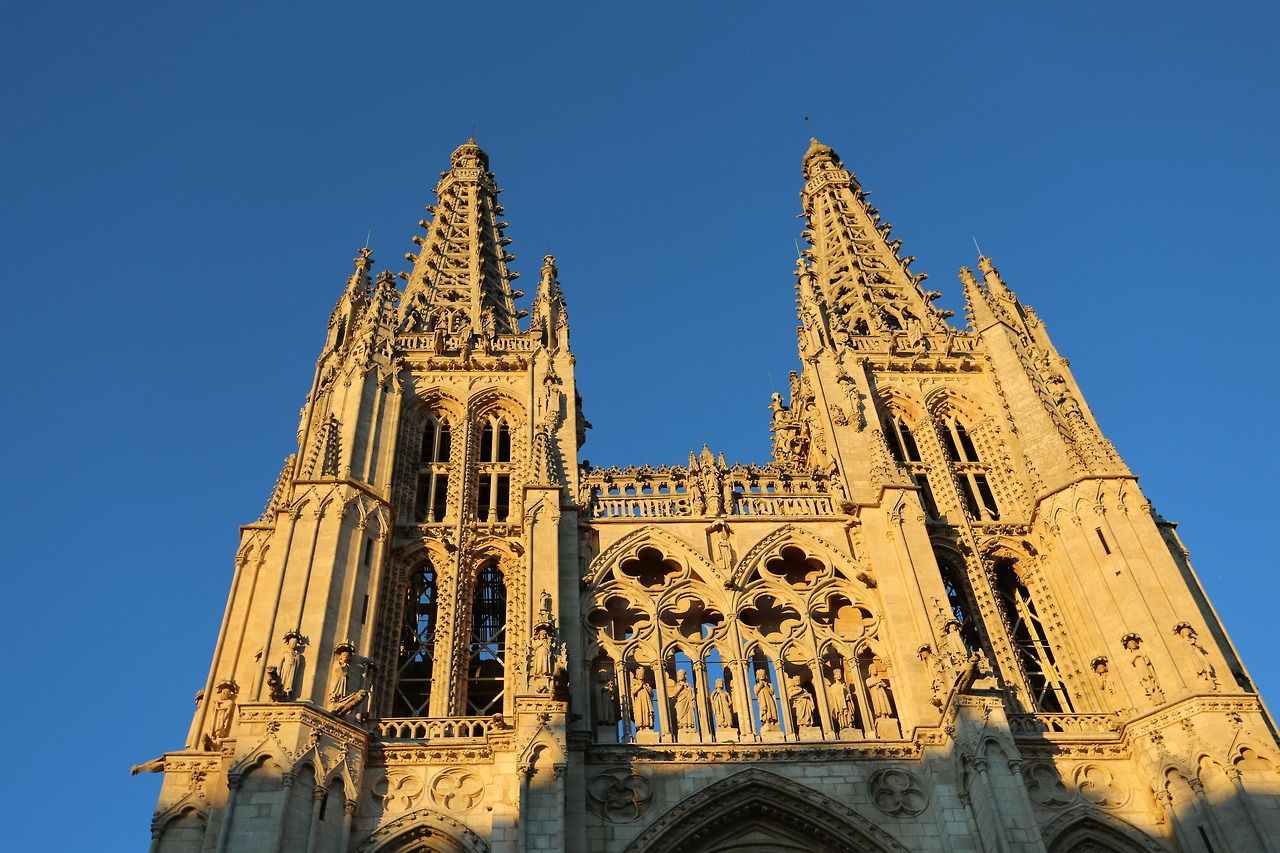


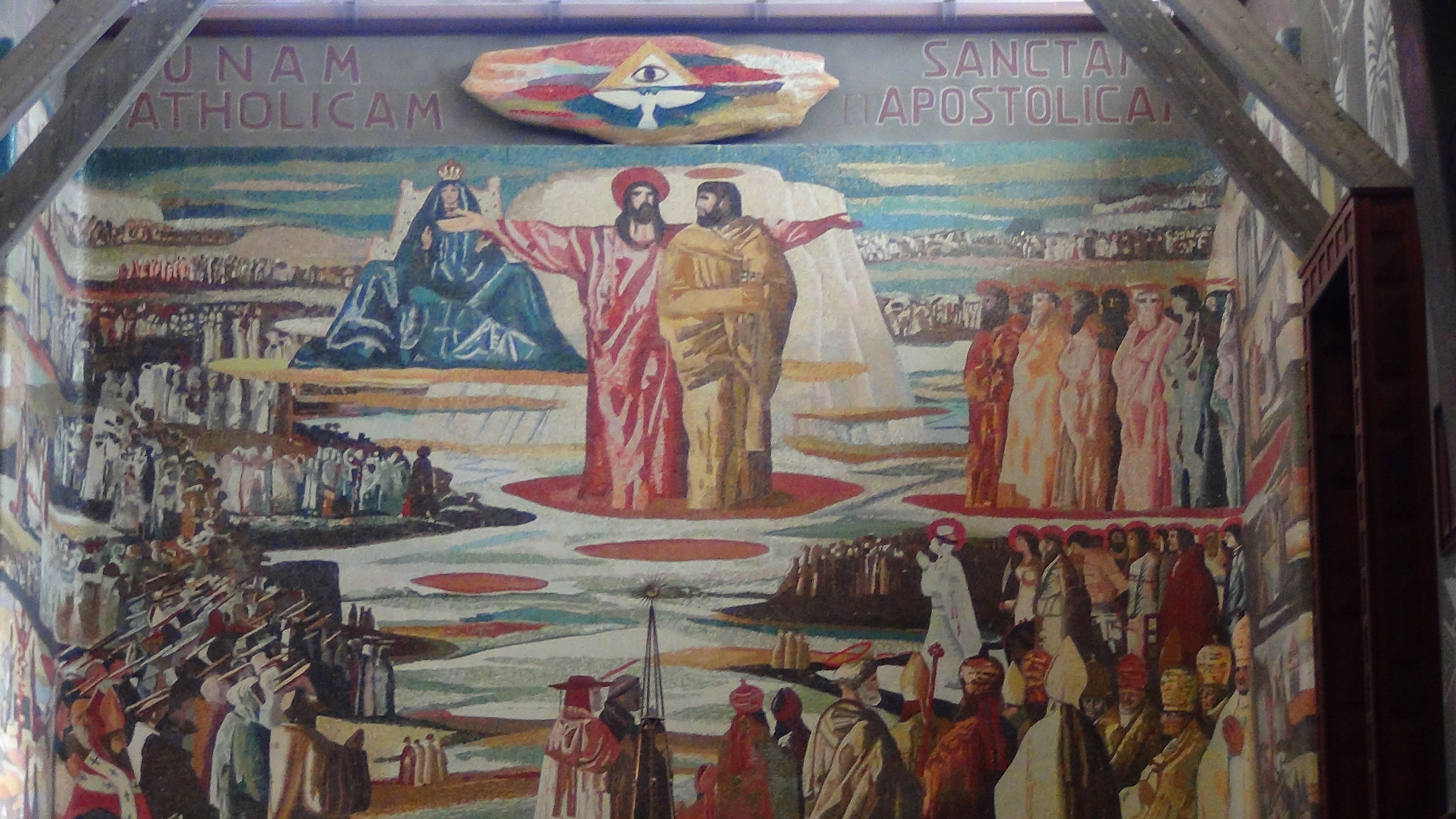

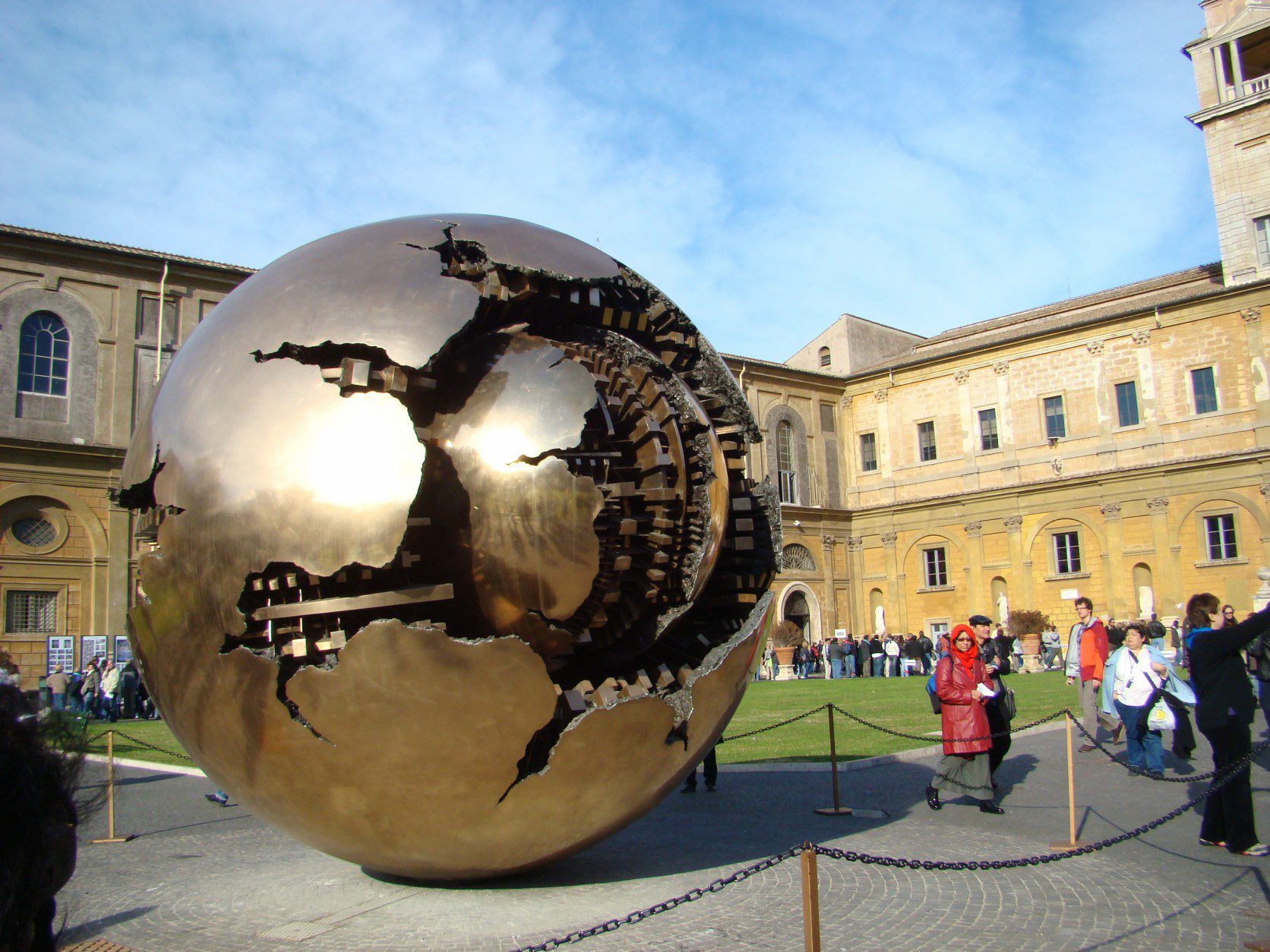



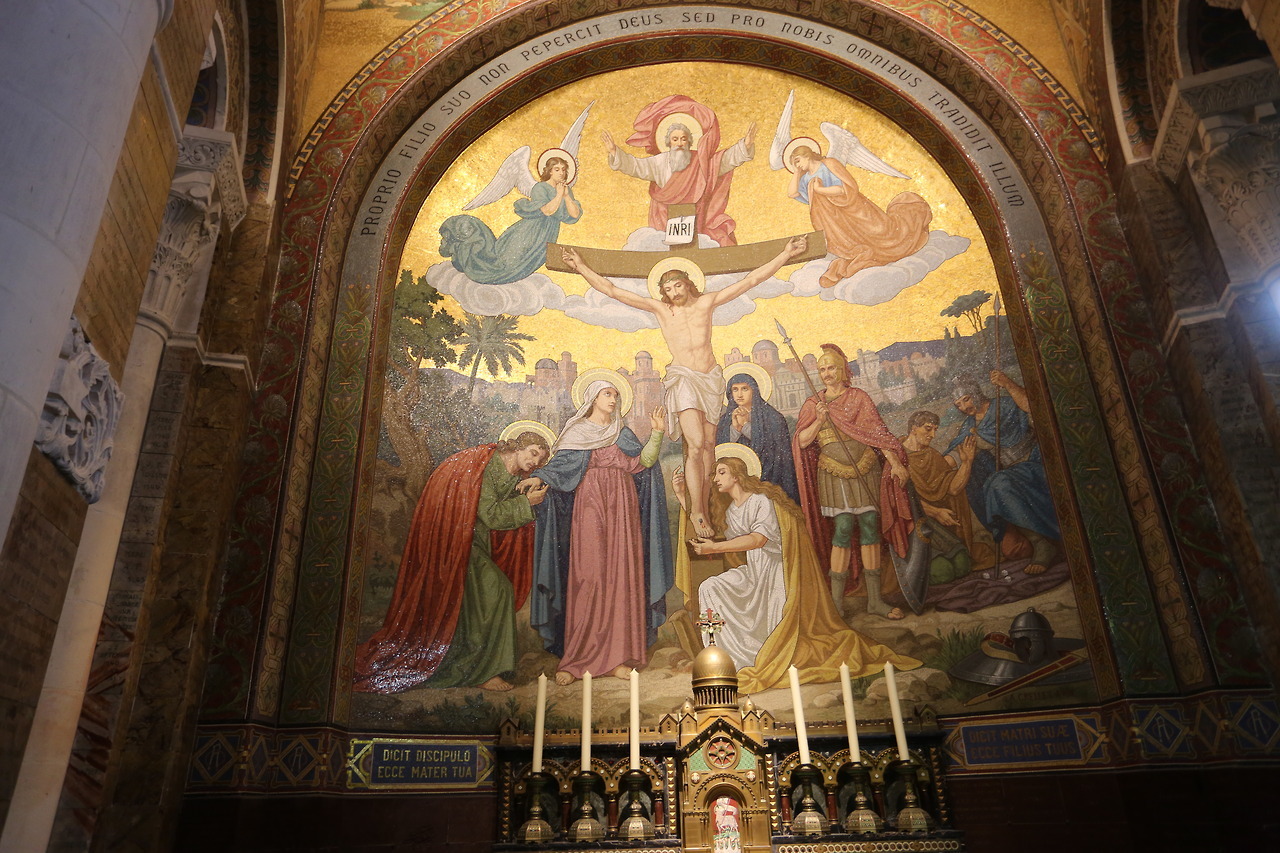


Recent Comments